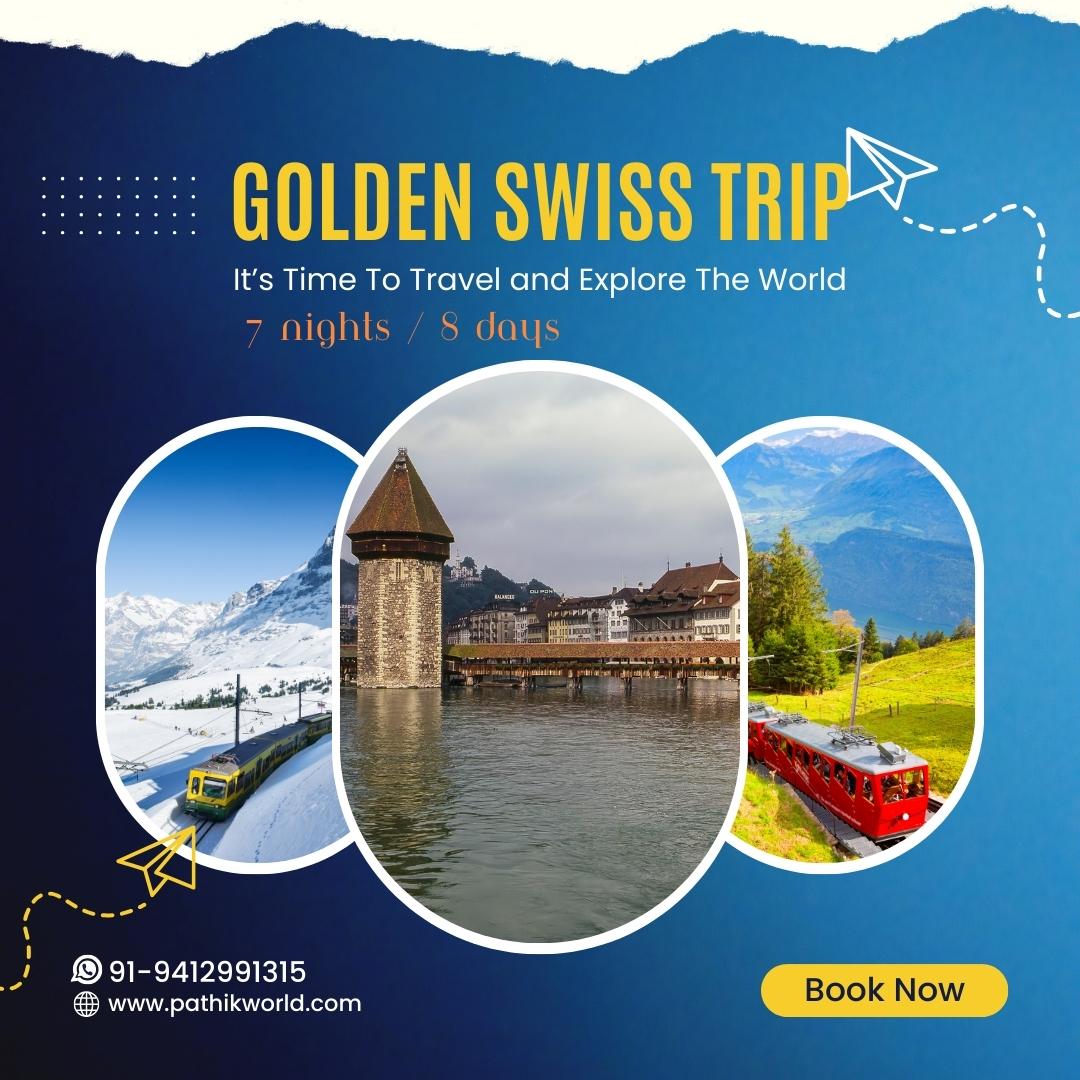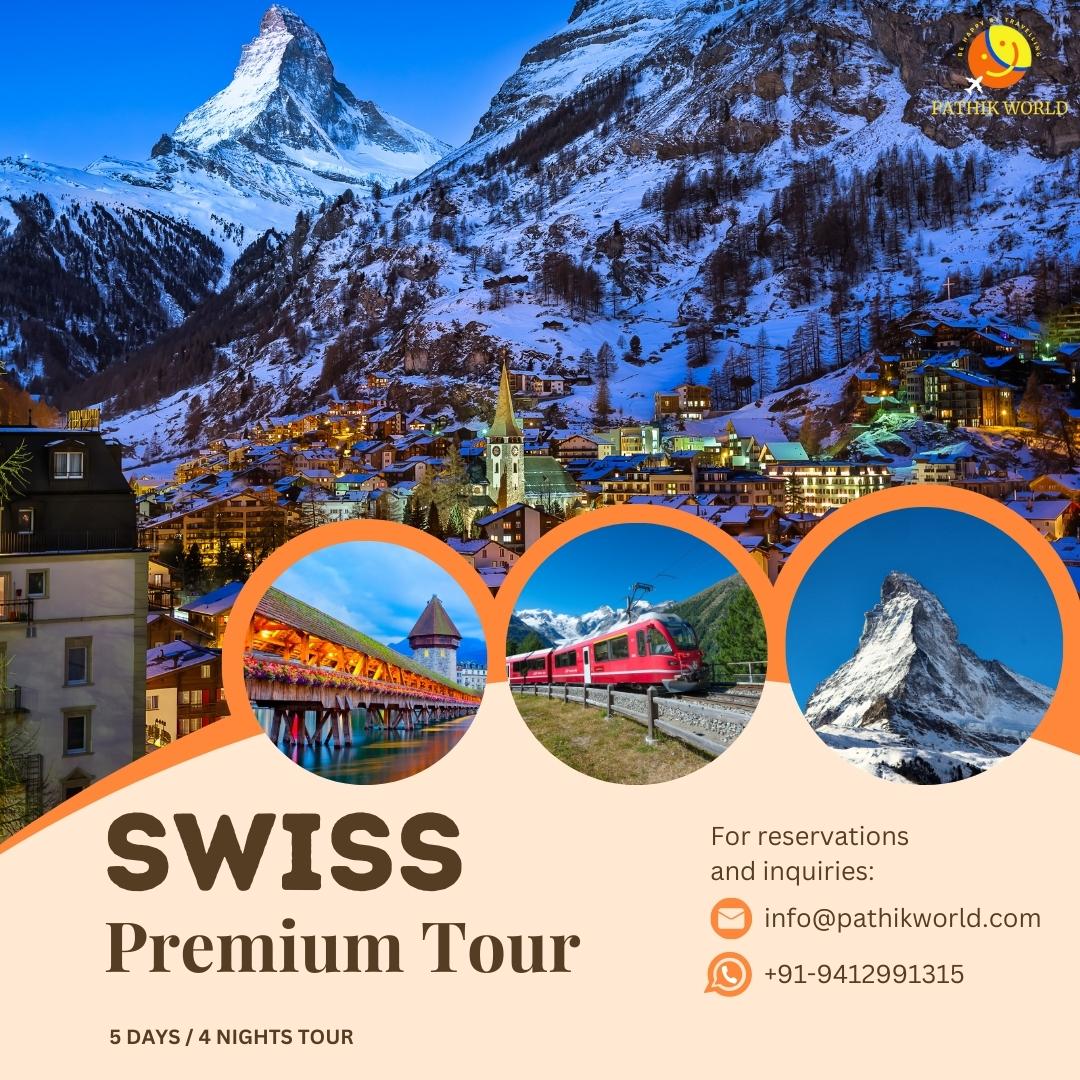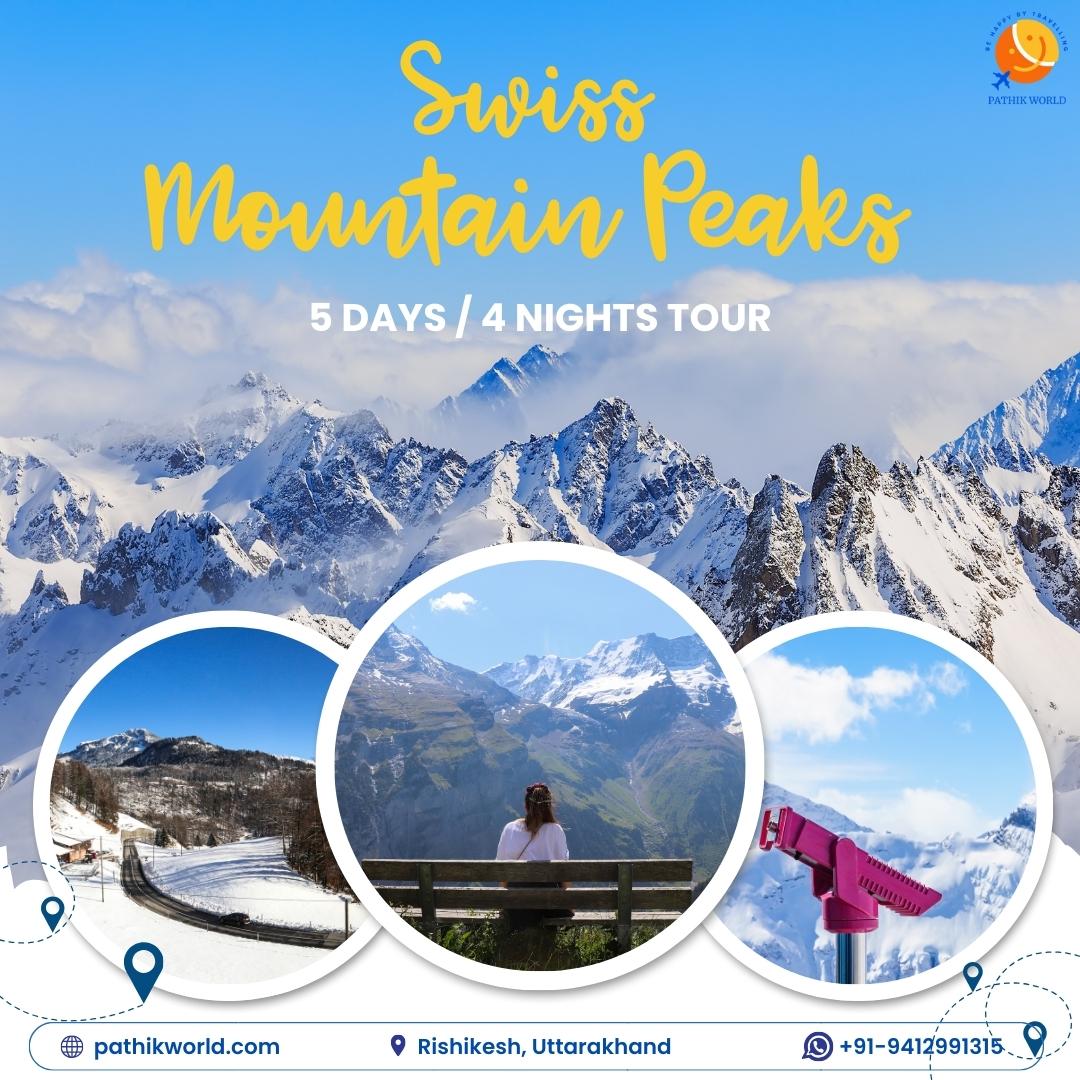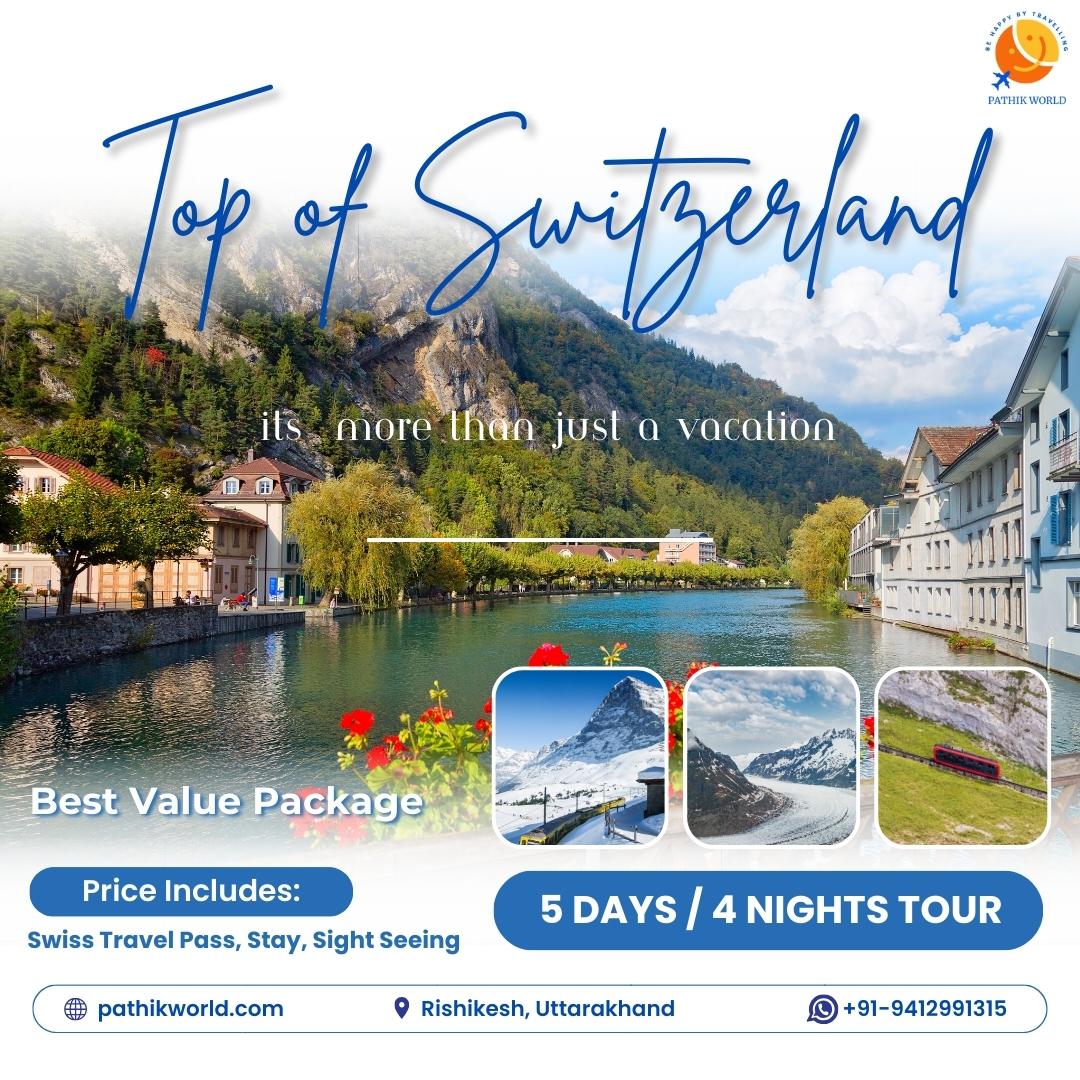Binding it all together is a distinct Swiss mentality. All Swiss cities, villages, regions, (or whatever geographical object) do have official spellings in all four national languages; sometimes they are just the same. However, major cities and tourist regions also know official English spellings. Nevertheless, only a few years ago, the official Swiss tourism office started to advertise major spots and cities with their original, local spelling; with some exceptions of course, such as Geneva, Zurich, and Lucee for example. Obviously, it was too disturbing for Anglo-Saxon tourists to remember all the different spellings. But their real spellings are really important to the locals and helpful to know as a tourist of the respective region. So, therefore, the following list will give you the advertised spelling first, followed with its local spelling, if different, then its English version, if different, and its other national spellings. You could even enlarge these lists with other different, but hardly any more used or even outdated spellings in other national languages (e.g. Bellinzona used to be spelled Bellenz in German or Bellence in French, or even more outdated: Lugano was known as Lauis in German). And this can even get escalated if you would want to refer to the different spellings of the different dialects in the different national language regions of Switzerland: the many 21+ Swiss-German dialects, the four Romansh dialects, the Franco-Provençal from the French speaking Switzerland, or the Lombard in Ticino 😉 And how to speak them is even another issue, since even if they are written the same, they are quite often not spoken the same way in the different languages/dialects, of course!




